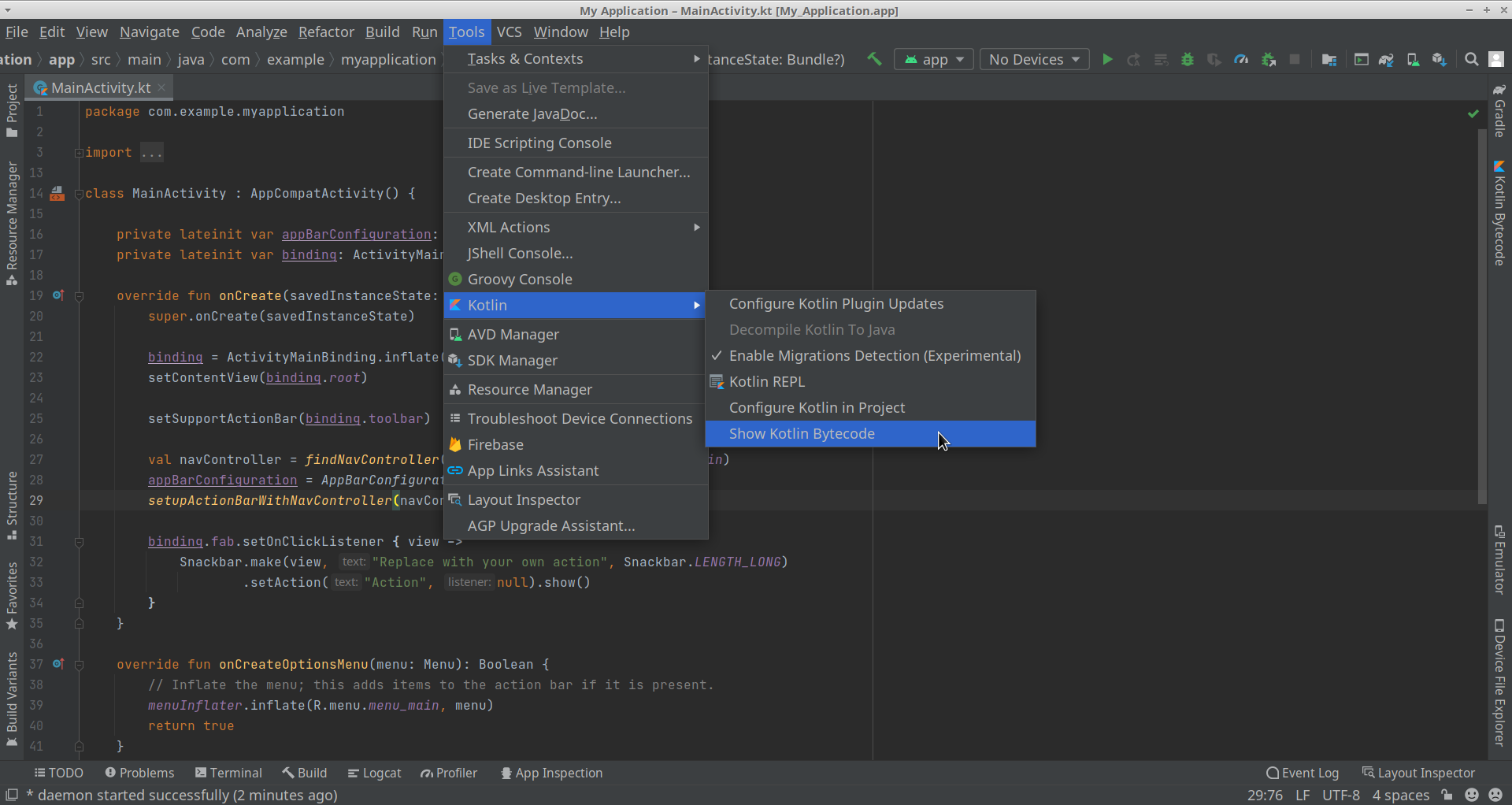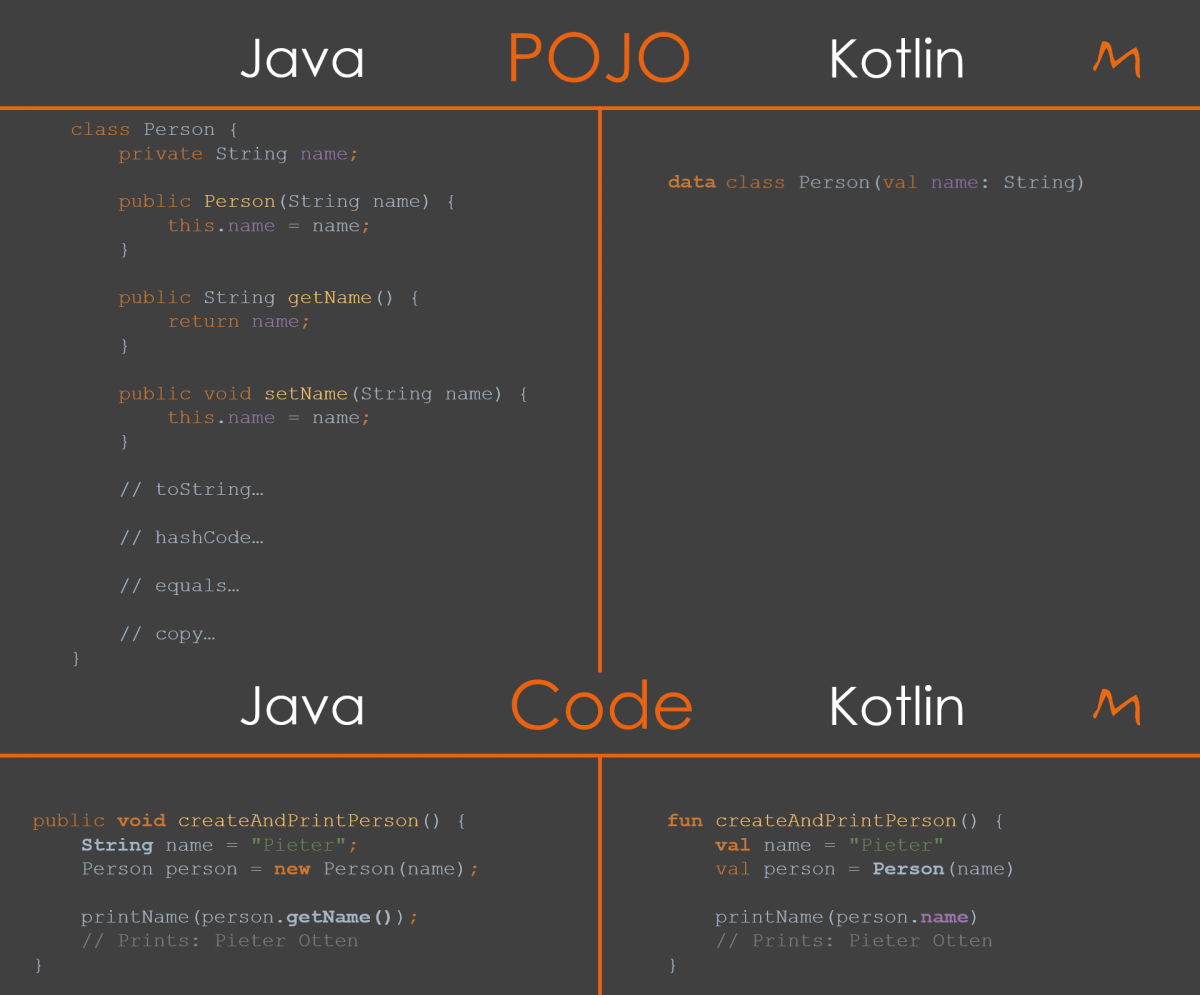

Writing new code in Kotlin is a good start and see how it progresses. I would say the answer is very much yes, but I don't think you have to make a complete migration. I don't mind writing Java but I perfer writing Kotlin and I get so used to the Kotlin idioms that I increasingly find going back to Java unpleasant. I think I would agree with this observation.



Of the people who didn't do a complete migration the reasons for not doing so were: Others migrated slowly from one language to the other and partial migrations accounted for 63% of the 214 apps that included Kotlin code. We know from Google that Kotlin is a growing force and it shouldn't be a surprise to learn that of 374 apps 86 (30%) have been 100% migrated to Kotlin - that's a lot of work - or is it? Of the migrated applications, 36% were completely migrated in a single commit. The first question is: How many Android applications have been fully migrated to Kotlin? There is a full account of the methodology in the research paper, but it is worth extracting the main findings and thinking about them a little. Some new research based on an interview technique and a program that analyses code repositories aims to answer the why and the how of Kotlin migration. Not just why, but how? Moving an app from an existing language to a new one isn't something that happens every day, but since the advent of Kotlin it's more common than it was.


 0 kommentar(er)
0 kommentar(er)
